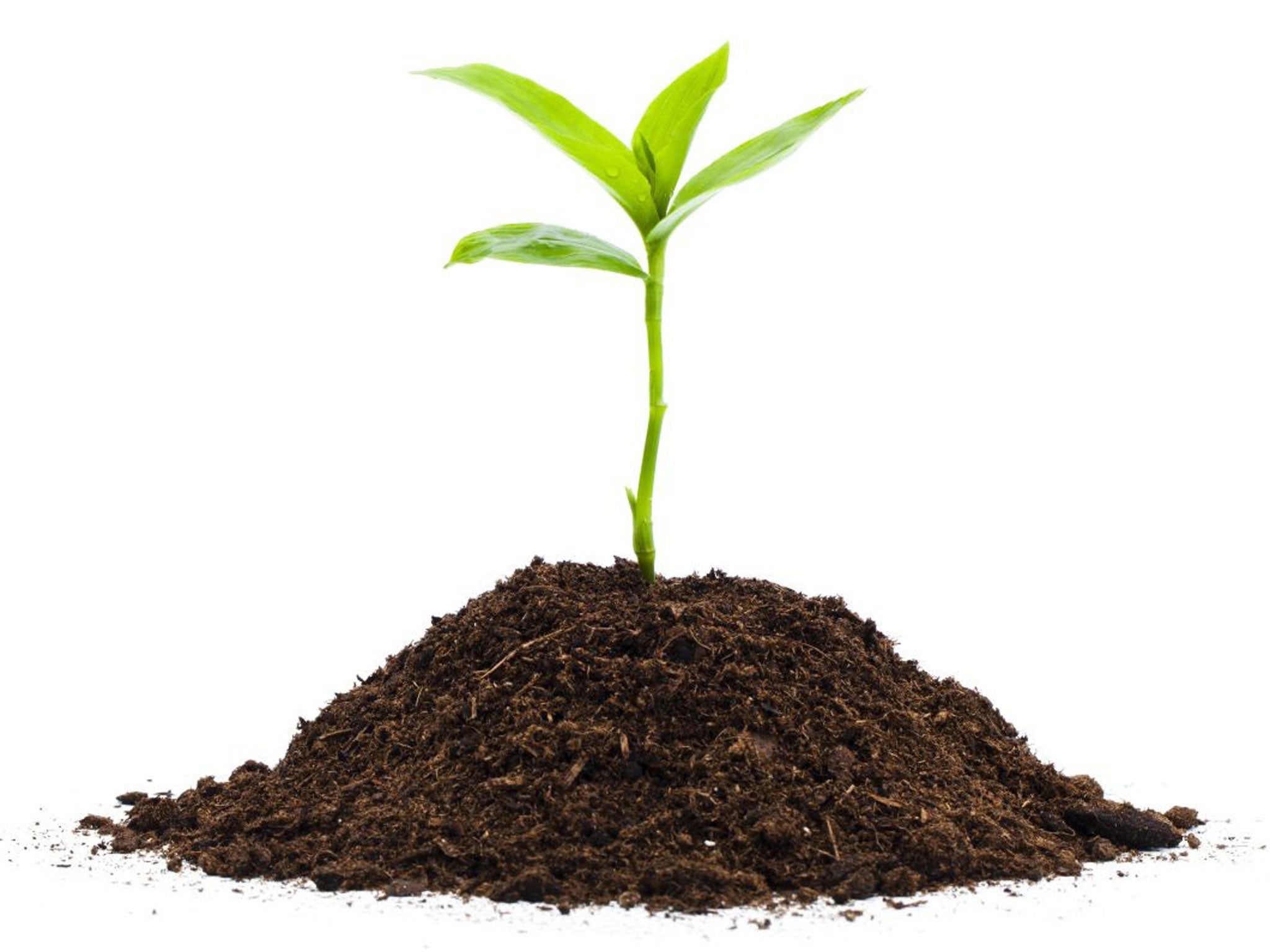The potting material in your garden that can heat your home
Adding a salt to vermiculite enables it to store vast amounts of heat for months

A mineral used by gardeners for potting plants could be used to heat homes in the winter using the power of the summer sun, scientists have discovered.
When a type of salt is added, vermiculite, which is normally used to pot cactus and similar plants, takes on an extraordinary property.
Blow warm air over it — breathing will do — and it dries out. But if you then expose it to cold, damp air, it absorbs the water and releases heat.
Dubbed “magic beans” by researchers at Swansea University, the material can be used to store heat energy for months in this way.
A fridge-freezer-sized box of it could be used to provide effective heating for a domestic house for potentially months during the winter.
A trial is already underway at a building on the Tata steelworks plant at Port Talbot.
It is used in conjunction with simple solar thermal panels made from a sheet of metal that intensify the heat from the sun.
Professor David Worsley, an engineer at the university, said: “In the summer, we’ve got this massive amount of hot air collected by solar thermal collectors.
“We wanted to make a material you could put heat into and save it for the winter.”
While the material was originally developd at the University of Nottingham by Sean Casey, Professor Worsley and others at Swansea are working out how to incorporate it into buildings.
“You drive hot air over it, it drives all the water off and in the winter all you do is introduce cold damp air. It absorbs the water and releases energy,” he said.
“It will keep the heat until you put some damp air on it — so you can time-shift solar energy from the summer into the winter. We are really excited by this.”
The two ingredients, vermiculite and calcium chloride, are both cheap — the expensive part in terms would come from installing the system to pipe the heat around the building.
The material, called interseasonal heat storage, is being developed as a way to store energy by Tata Steel, supported by the Swansea University-led SPECIFIC team.
Join our commenting forum
Join thought-provoking conversations, follow other Independent readers and see their replies
Comments